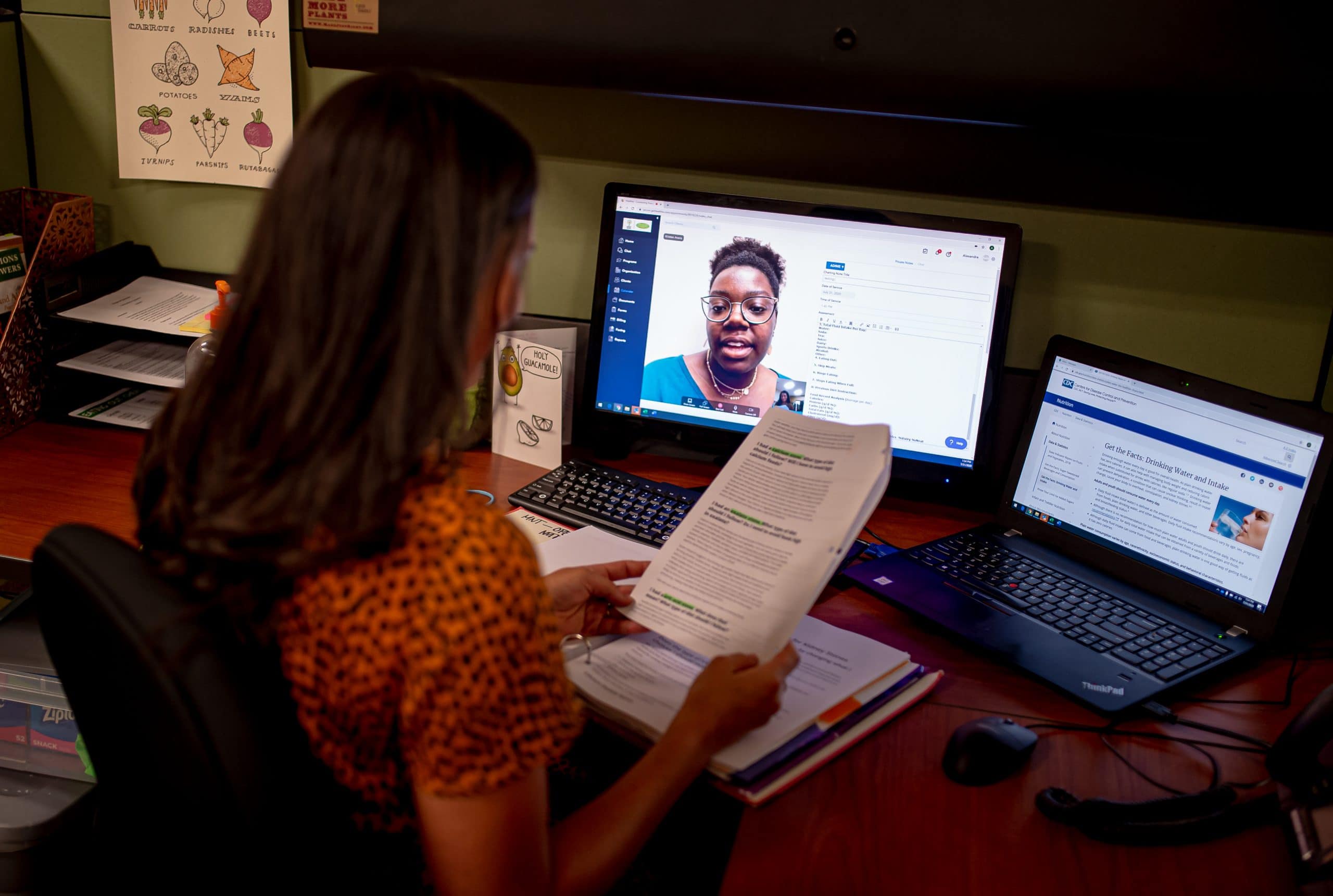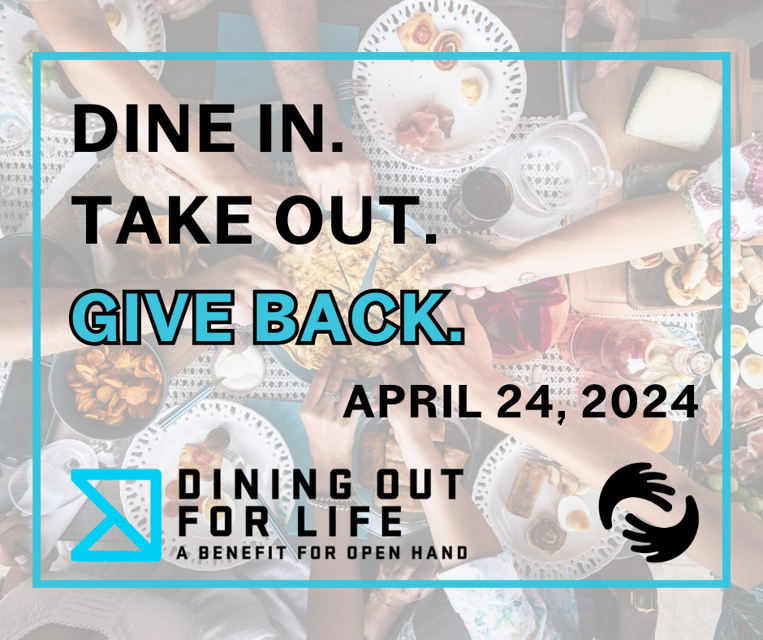Through a sizeable multi-year grant from the Administration for Community Living, Open Hand Atlanta is leveraging our new telenutrition platform to help remove some of the obstacles faced by Georgia seniors in gaining access to the nutrition knowledge that can help them improve their overall wellbeing and quality of life.

Participating seniors attend senior centers in their area, where they are required to be screened for nutrition security and provided with nutrition education each month. The grant addresses two significant challenges identified by our partners at the Georgia Division of Aging Services and Area Agencies on Aging: a lack of access to a Registered Dietitian at many of the rural centers, and a lack of subsequent follow-up to ensure that seniors continue to take further steps so they will no longer screen high for nutrition risk.
In order to reach seniors across the state of Georgia to help address these issues, Open Hand is working to find the most effective way to bring our telehealth services to these rural centers.
Currently we’re focusing our efforts on Northeast Georgia, Middle Georgia, and Southwest Georgia, working with their leadership teams to implement the best ways to provide group nutrition education and individualized Medical Nutrition Therapy (MNT) in a virtual setting. While many of these senior centers are in rural areas that have inconsistent access to high-speed internet, or lack smart TVs, tablets, or computers needed to facilitate virtual learning, our team has been working hard to find creative solutions to allow for ease of access to our nutrition services.
We’re proud to say that, through the efforts of some extraordinary individuals, we recently hosted classes with the Northeast Georgia Area Agency on Aging. We're encouraged by the feedback we've received from participating seniors who indicated that they've been enjoying them and appreciate the opportunity to gain more in-depth nutrition education. With the help of the University of Georgia College of Public Health, we’re also collecting data so we can better understand the effectiveness of our efforts and improve them as needed.
While we still have a lot to learn, we’re thrilled on the progress we’ve already been able to make as we give older Georgians access to the much-needed support they need to help them take charge of their health and wellbeing.

